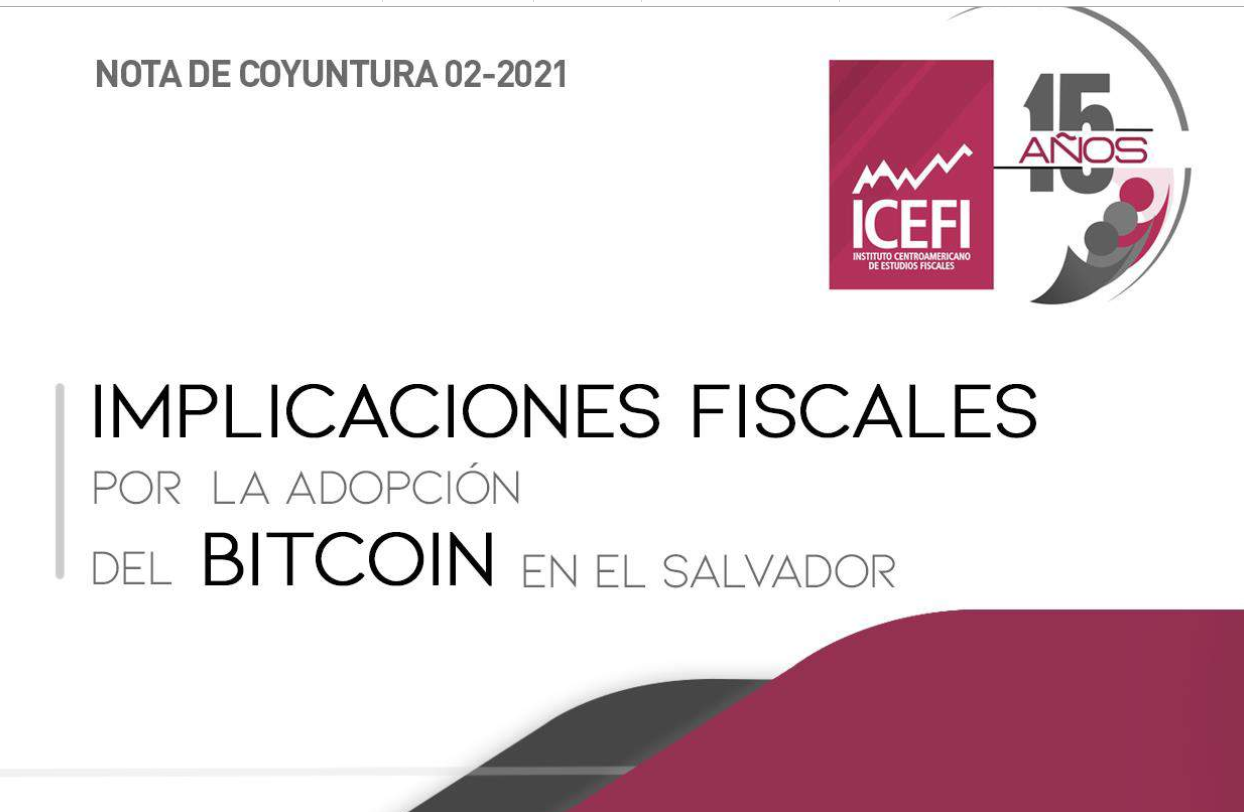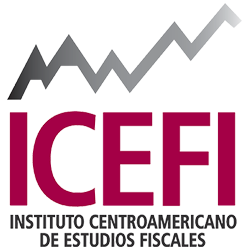Among the considerations presented, they alluded to the process of how this law was approved in the country, as well as the implications that Bitcoin is a mandatory means of payment, in addition to the risk that all citizens would have to assume, either directly through their income or through the payment of taxes.
The first aspect to highlight in the document presented by ICEFI is the definition of Bitcoin as "legal tender" which implies the mandatory acceptance of the payment mechanism which is reiterated in Article 7 of the law.

In the document ICEFI expresses concern about the incorporation of Bitcoin in the country, this is due to the fact that the volatility support would be assumed by the citizens, which represents one of the greatest risks of Bitcoin.
Article 13 of the Bitcoin Law says: "The state will guarantee through the trust in the Central Development Bank of El Salvador (BANDESAL) the economic and instantaneous convertibility of Bitcoin to dollars". Therefore, through the trust it would be US$150 million that would be financed with debt.
According to the ICEFI document, this demonstrates that through the trust the risk and exchange exposure would be acquired, which in practice would mean that the entire salvadoran population would assume it due to the salvadoran tax structure that the country has, which is regressive, affecting proportionally more the poorest population.

Part of the risks that El Salvador would assume to generate financial support and the accelerated approval and without the measure of technical discussion of the Bitcoin Law transcends to its internal environment, this by the sudden approval without the measure of in-depth technical discussion on its effects on the salvadoran economy which is being read by investors.
Likewise, the document also states that part of the consequences of the abrupt form and technically weak content of the Bitcoin Law could be the serious risk of serious reverses in the negotiations between the salvadoran authorities and the International Monetary Fund.

Part of the concern of the risk that this new law brings with it and that ICEFI expresses is the risk of becoming a haven for money laundering, as several entities have been warning that without legislating its adoption or without adequate institutional or preventive measures, it can open spaces for illicit activities.
The document ends with a series of reflections, among which are the following:
- The high votality of Bitcoin can put at risk the purchasing power of people and increases their vulnerability to poverty, also using public funds to support this votality will make citizens, through payments of their taxes who assume the risk so it would be facing a new scheme of privatization of profits, but socialization of losses.
 English
English  Español
Español 
